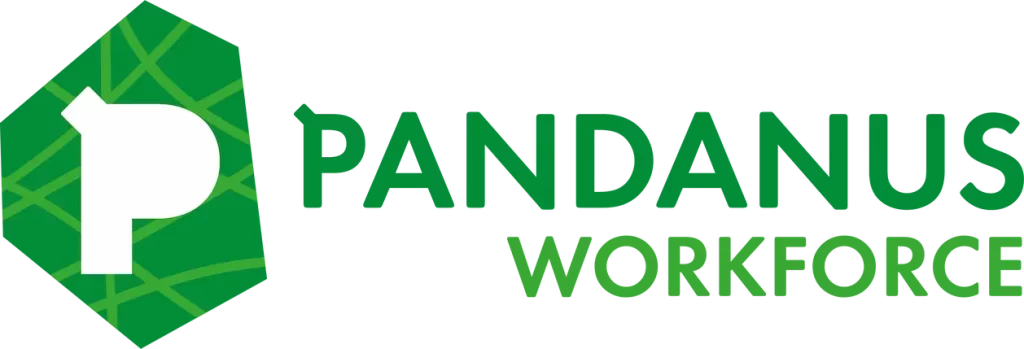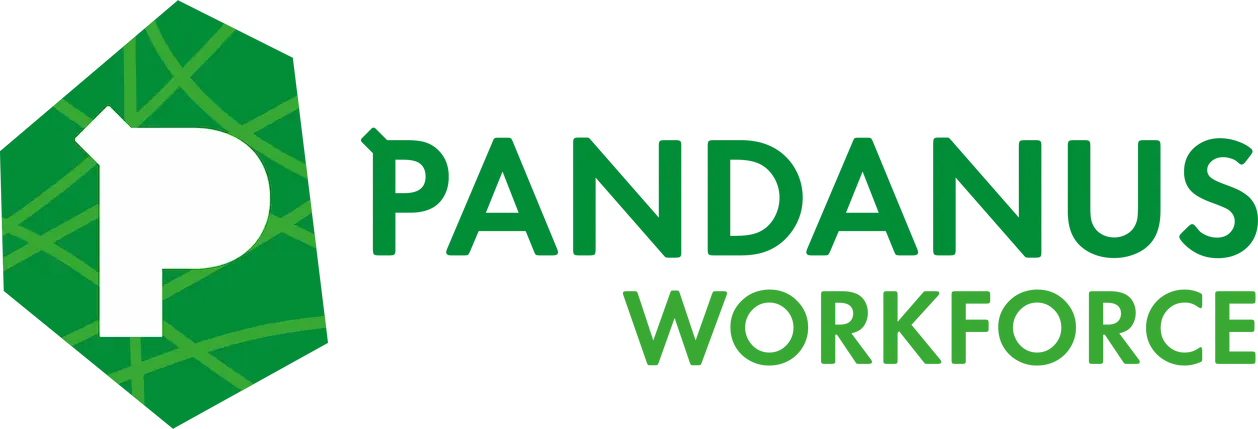Conflict, Power and the Indigenous Procurement Policy
We were told the Indigenous Procurement Policy (IPP) would be our game-changer — that it would level the playing field, empower Indigenous business, and close the economic gap.
But almost ten years on, that same policy is dividing us.
The Two-Speed Indigenous Economy
Today, there are really two Indigenous business worlds:
- Those with the influence, access, and relationships to win repeat contracts.
- Those doing the hard work in regional Australia — who rarely get a seat at the table.
And the reason for that divide goes deeper than policy wording. It’s about power and conflict of interest.
The Conflict No One Acknowledges
We’ve reached a point where too many board members, advisors, and industry leaders wear two hats — influencing procurement frameworks while personally benefiting from them.
It’s subtle. It’s sophisticated. And it’s slowly strangling fairness.
When a small group of insiders hold the power to both design and profit from the rules, genuine Indigenous operators get squeezed out.
The result? The same few keep winning. The same names keep appearing on panels. And the same communities are told to “be patient.”
My Experience
I’ve been in this space long enough to see the game being played — and I’ve also been on the receiving end of what happens when you speak up.
Recently, I found myself in the headlines — not because I broke the rules, but because I questioned them.
I questioned why probity seems optional for some. I questioned why a handful of people can shape funding outcomes and procurement panels that benefit their own networks. I questioned the silence around conflict of interest — and suddenly, I became the story.
But that’s the tactic, isn’t it? When those feathering their own nests feel threatened, they shift the focus.
What’s at Stake
If we don’t address this, the divide will only deepen. The IPP will become a mirror of the very inequity it was meant to fix.
We’ll have the few — politically connected, well-resourced, playing the system. And the many — honest operators, regional families, community businesses — watching from the sidelines.
What Needs to Change
- Declare Conflicts Publicly. If you’re on a board or advisory group, your interests should be transparent.
- Separate Policy from Profit. No one should shape the rules while directly benefiting from them.
- Audit the Process. Independent probity oversight, mandatory compliance audits, and published results.
- Empower Real Voices. Bring regional and community operators into reform discussions — not just the same faces.
- Measure What Matters. Success isn’t contract count; it’s capability, jobs, and community growth.
Integrity Isn’t Optional
I didn’t get into this space to play politics. I got into it to create opportunity — for families, for communities, for the next generation.
But integrity has to matter. Without it, the IPP stops being a bridge to empowerment and becomes a ladder to nowhere.
So yes, I’ll keep speaking up — because truth-telling isn’t negativity. It’s accountability.
“The ladder meant to lift us up shouldn’t be built for a few to climb — it should be strong enough for all of us to stand on.”






